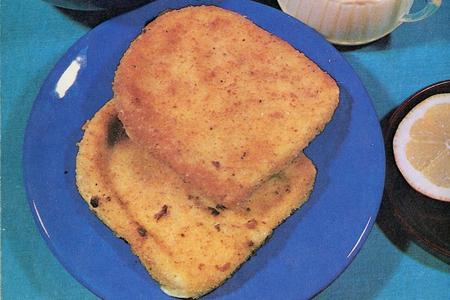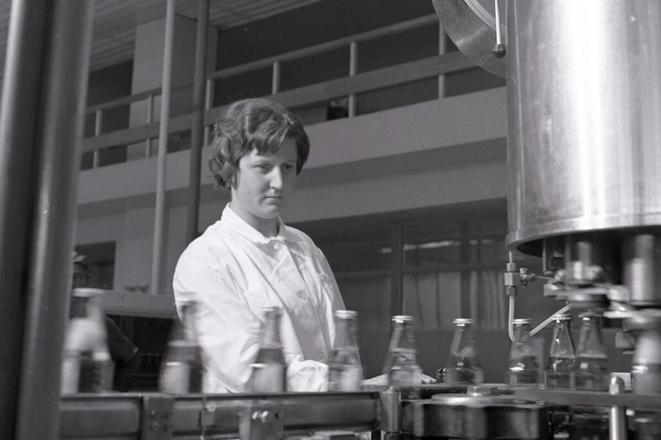Unlike mineral water, only a handful of communist-era soft drinks managed to survive the onset of competition after the Velvet Revolution. One such exception is Vinea.
The grape-based soft drink survived the arrival of Coca-Cola, Slovakia's "wild" 90s and even long-standing brand disputes. The drink ended up being owned by the Czech company Kofola, which continues to produce it.

Pricier than a pint of beer
This year, the Vinea brand is celebrating its 50th anniversary. The soft drink was created in 1973 due to the surplus of grapes around the town of Pezinok, Bratislava Region, innovation, and the interest of socialist planners in a drink that would be an alternative to the unaffordable soft drinks of the West.
The task of inventing such a drink was given to Ján Farkaš, a scientist at the Vinárske Závody winery in the town of Modra, Bratislava Region. He found out that most soft drinks from abroad were made from citrus fruits, which at the time were considered a luxury in Czechoslovakia. However, there were plenty of grapes in the Lesser Carpathian region.
Farkaš used black elder as a flavouring agent; by percolating its flowers he obtained the necessary aroma and taste. The name of the drink - Vinea - means vineyard in Latin and is said to have been suggested to the creator of the recipe by his daughters.
The new soft drink went on sale in 1974 and quickly gained popularity among consumers, selling well due to limited competition. The Hungarian soft drink Márka, which had a similar taste and bottle design, posed the sole challenge to Vinea.
Due to great interest, in the 1980s part of Vinea's production was moved from Pezinok to Nitra, western Slovakia. At that time, no one could have guessed that this move would create big problems later in the future. But let's not get ahead of ourselves.


 The production of the Vinea soft drink was launched in 1974. (source: TASR)
The production of the Vinea soft drink was launched in 1974. (source: TASR)